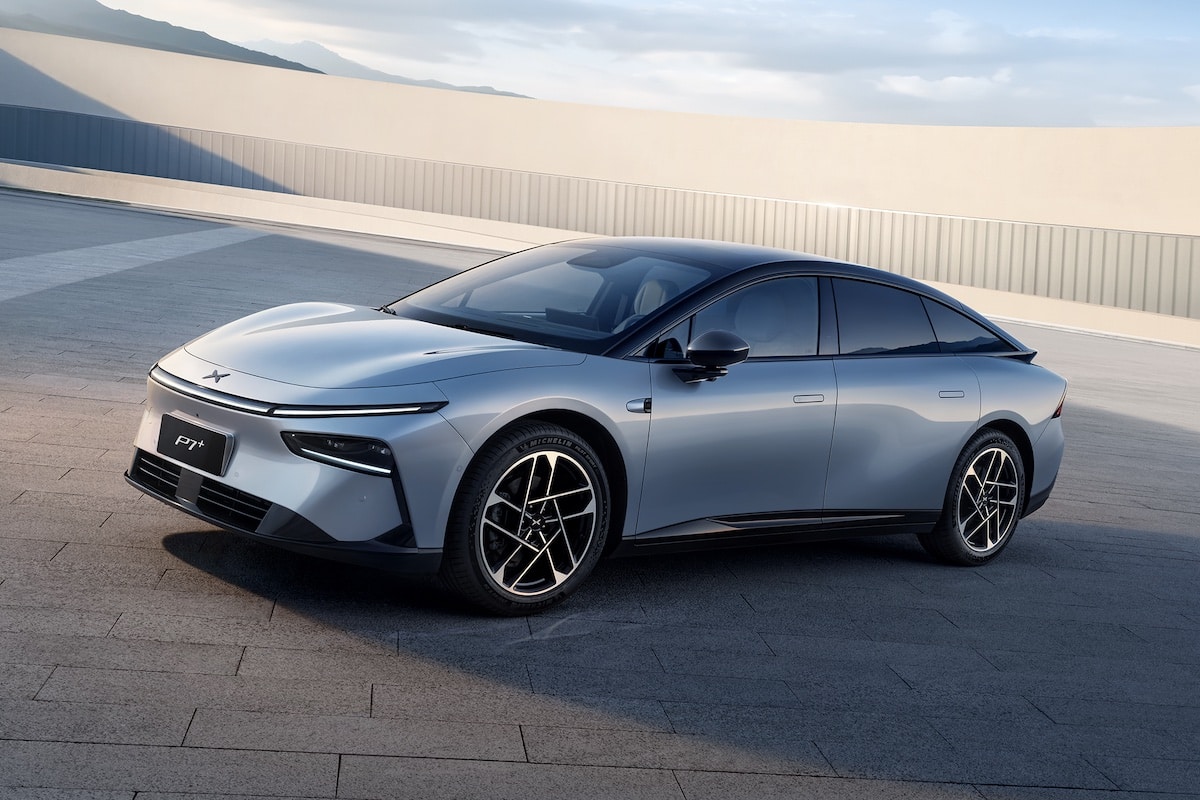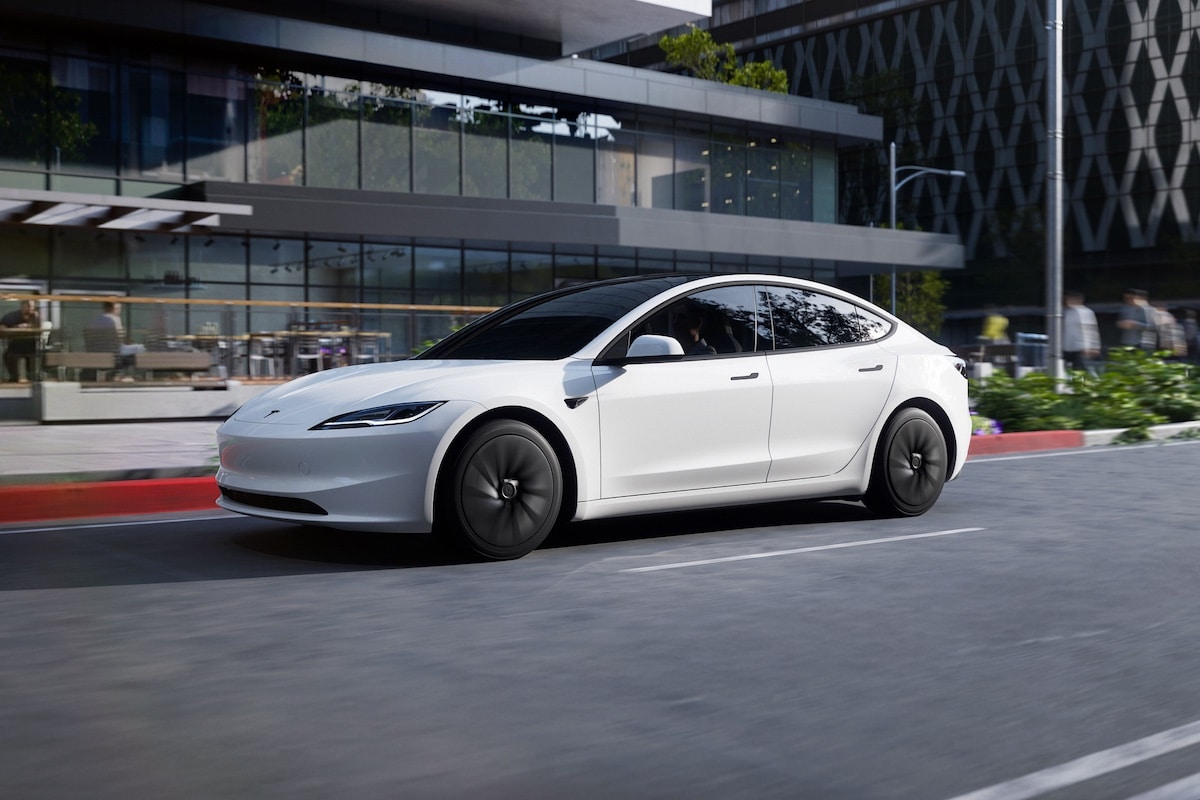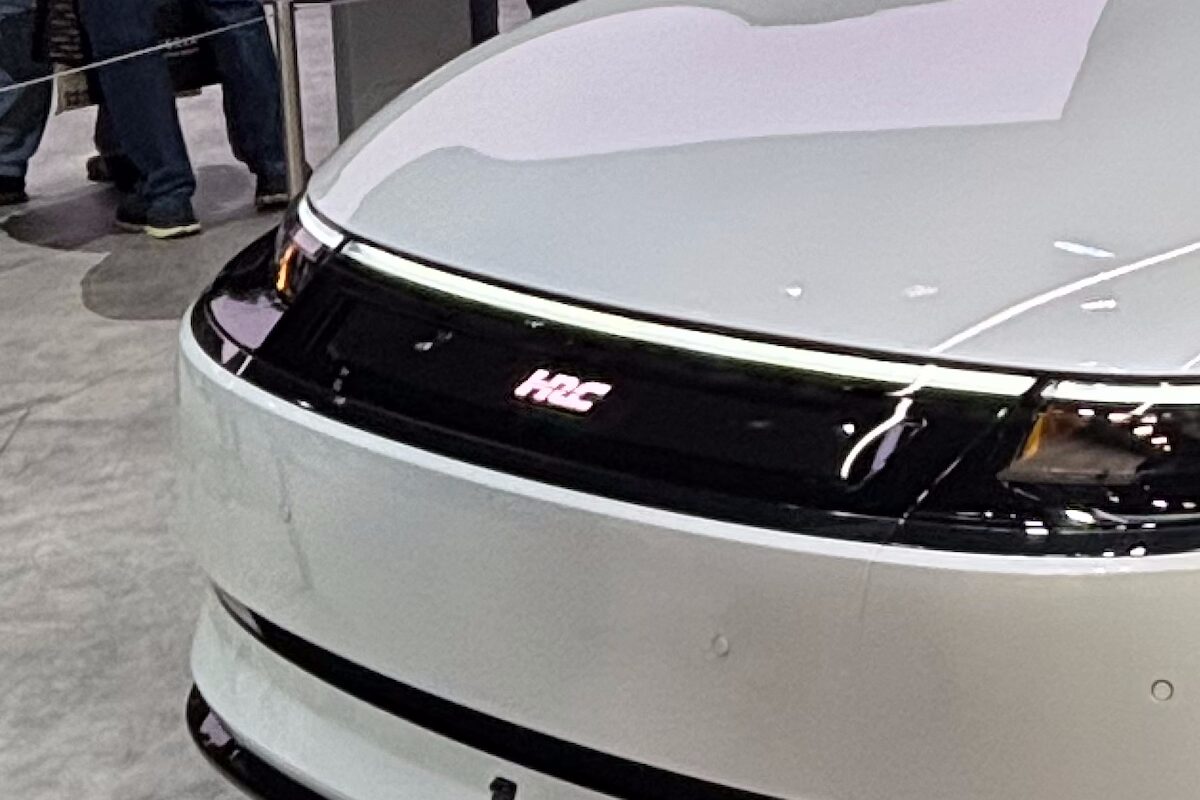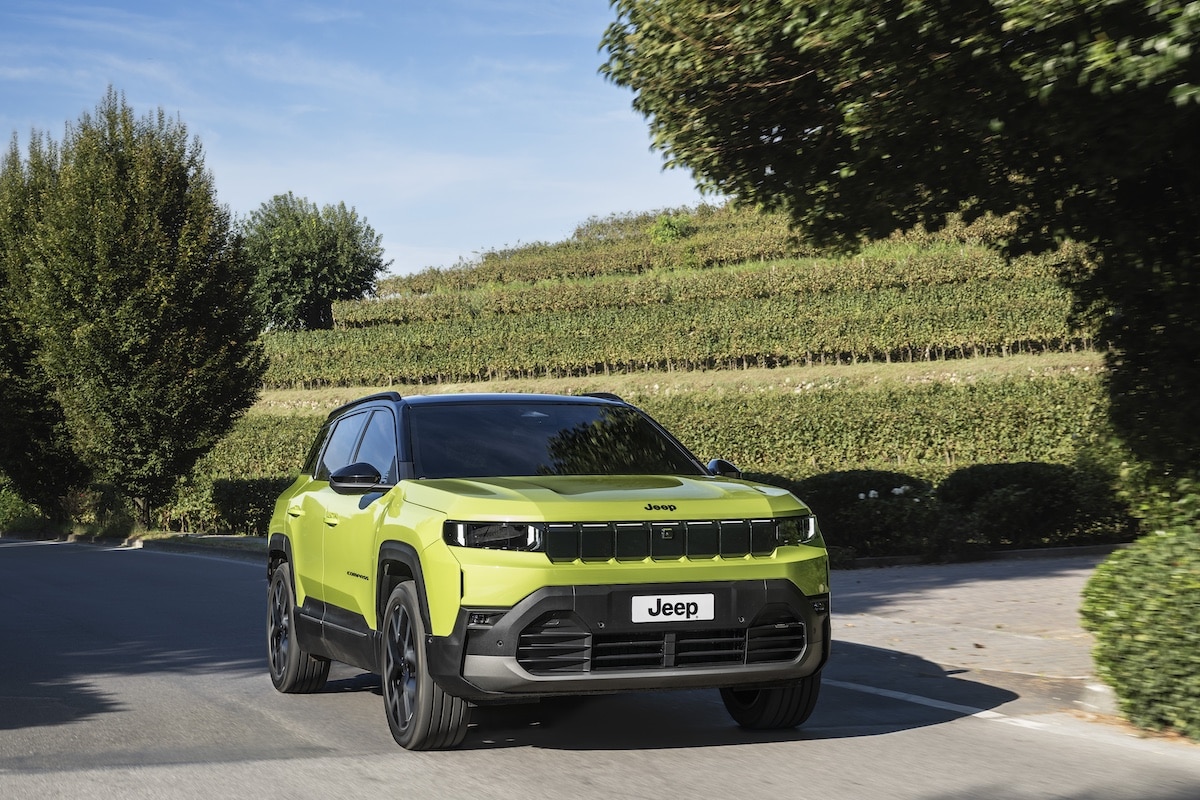Polestar Takes a Significant Step in Its Conquest of Europe
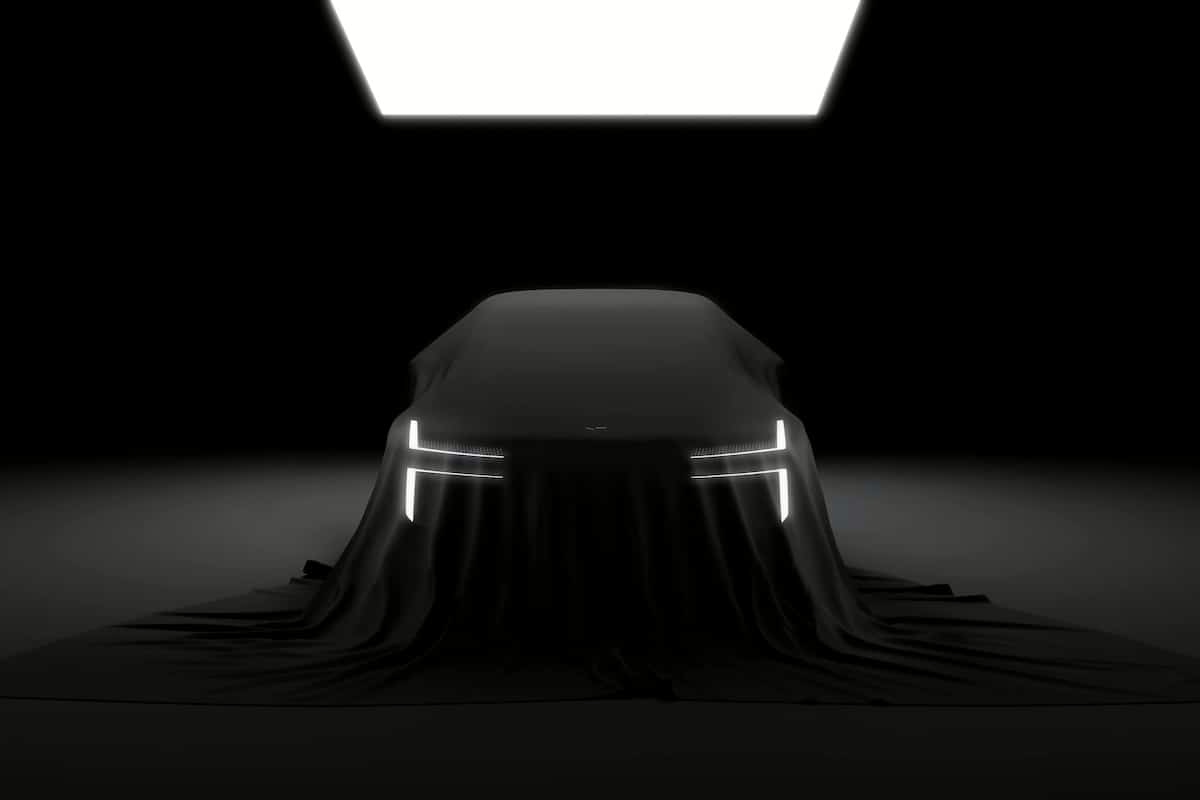
Polestar, formerly a sports division of Volvo when the brand was still Swedish, continues its development in the European market.
With the announcement of future production of the Polestar 7 at the new Volvo plant in Kosice, Slovakia, the 100% electric manufacturer takes a new step in its development. This premium compact SUV, expected in 2028, will benefit from cutting-edge innovations stemming from the group’s synergies.

Behind this success is also a well-established industrial strategy, that of the large Chinese groups that, by acquiring well-established European brands, accelerate their integration into Western markets. This is notably the case of Geely, owner of Volvo Cars since 2010, which has managed to preserve the Scandinavian DNA while injecting capital, technologies, and a long-term vision. Polestar, a jointly owned subsidiary of Volvo and Geely, perfectly embodies this winning combination of European heritage and Chinese industrial power.
Polestar and Volvo advance hand in hand
The future Polestar 7 will rely on a shared technological base with the Volvo EX60 and other upcoming models. Thanks to “mega casting,” the integration of batteries into the vehicle structure (“cell-to-body”), and the new generation of in-house engines, it aims for the top in terms of performance and efficiency. On the software side, it will benefit from the common Superset platform, allowing for remote updates and continuous evolution of its features.
The Kosice plant, currently under construction, will be climatically neutral and exclusively dedicated to electric vehicle production. This third European site of Volvo, after those in Torslanda (Sweden) and Ghent (Belgium), will strengthen a strategic industrial network covering the entire continent. An investment of around 1.2 billion euros is planned, with a capacity of 250,000 vehicles per year and the creation of thousands of jobs in a region already rich in automotive skills.
By relying on Volvo’s industrial network, Polestar has a strong European passport, similar to other brands supported by Chinese groups, such as MG (SAIC) or Smart (Geely). This strategy of gradual integration helps avoid cultural and regulatory resistance while benefiting from the credibility and reputation of European brands.
ALSO READ: Polestar finally arrives in France after several years of struggles
This page is translated from the original post "Polestar franchit une étape décisive dans sa conquête de l’Europe" in French.
We also suggestthese articles:
Also read
